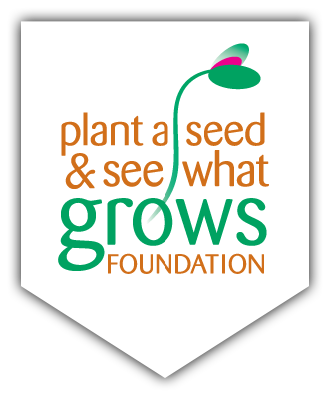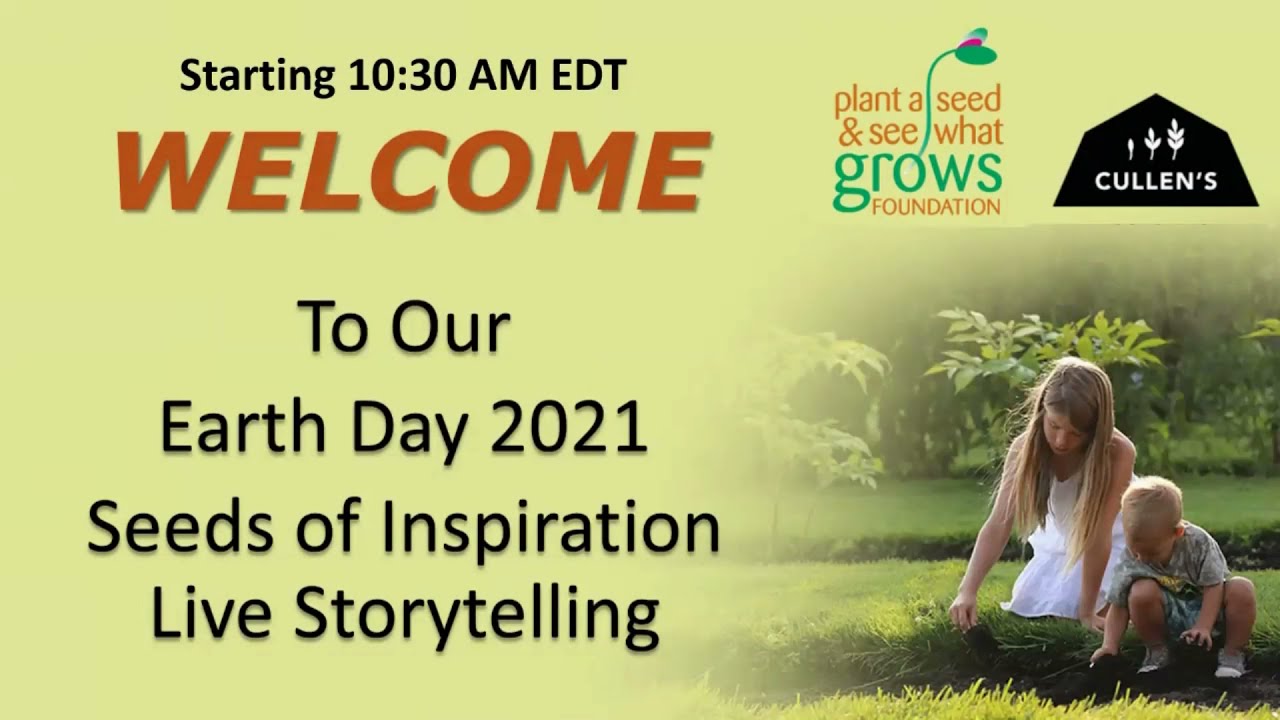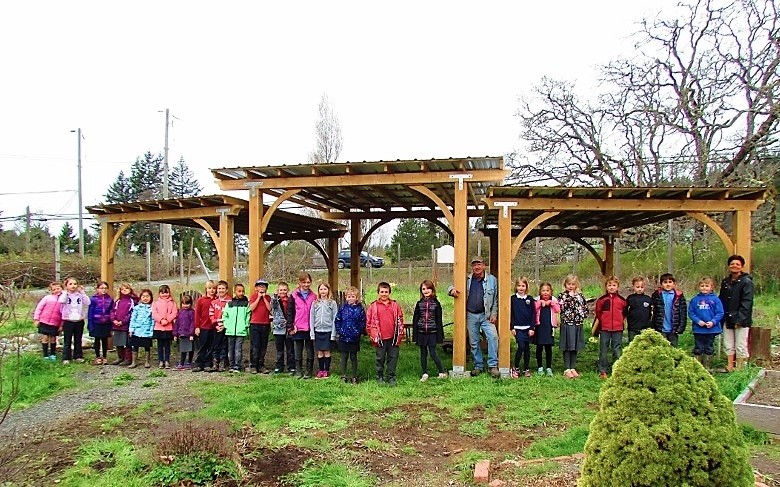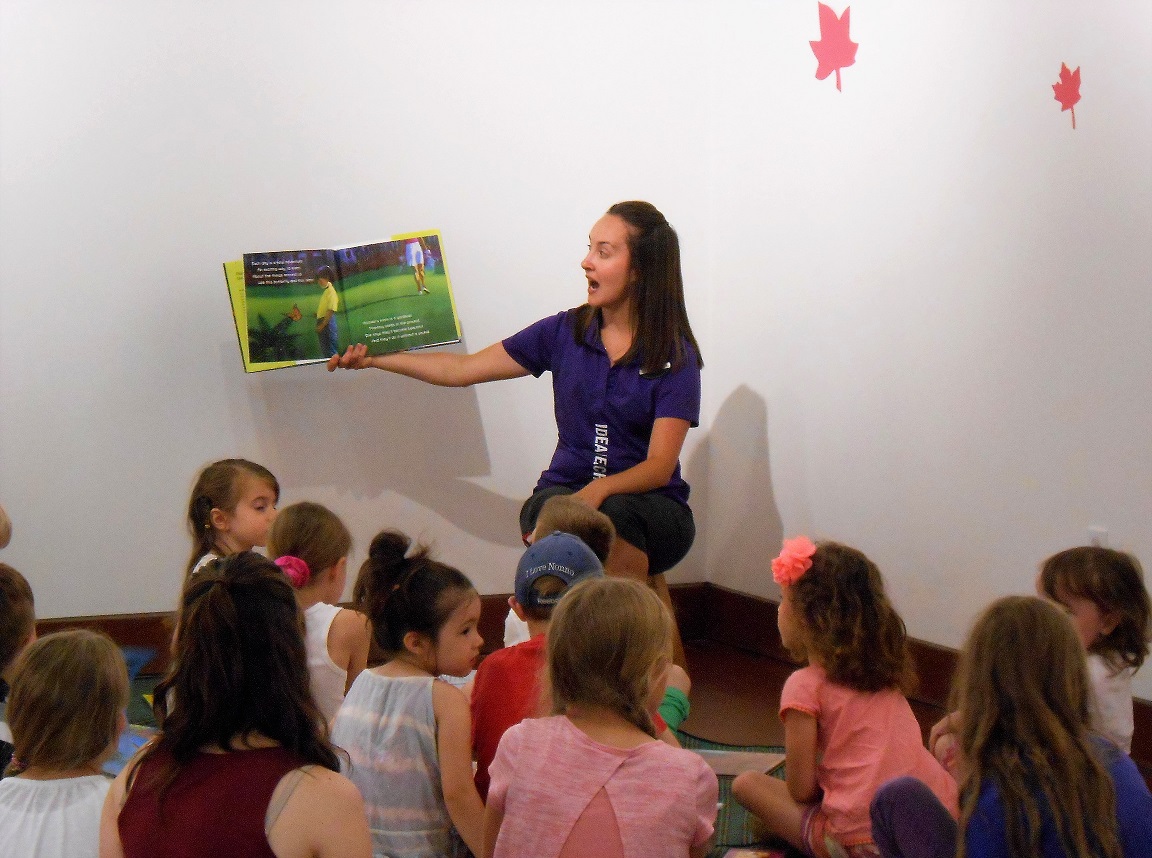When you consider that food insecurity remains to be a real concern in Canada, it can be frustrating to hear that recent data names our country as one of the biggest wasters of food on the planet. Food waste also contributes to greenhouse gas emissions and global warming, so as you can see, the issue needs to be tackled head on today. While governing bodies and even major retailers are taking steps in the right direction, the swiftest change will occur when each and every household adopts its own zero food waste strategy. As a big proponent of food security initiatives in Canada, our Foundation is providing your family with some practical tips to achieving zero waste status from the kitchen and pantry to the dining room table.
6 Ways Your Household Can Begin Reducing Food Waste Today
1. Check Labels Before You Buy
Supermarkets and grocery stores typically rotate their near-to-expiry stock to the front. That’s their way of attempting to minimize the potential for waste. Therefore, you will want to be mindful of what you grab from the shelf, pallet, or bin. Read all labels and look for the “expiry” or “best before” print to opt for items with the longest life, even if you anticipate consuming it soon.
2. Take an Inventory of Your Pantry
Take stock of your cupboards, refrigerator, and entire pantry today. This will allow you to take an inventory of what you do and don’t need before your next trip to the market.
Organize (and therefore consume) goods by their expiry dates, and gather up non-perishables that you won’t use and donate them to the local food bank (as needed).
With an updated inventory of your foodstuffs, you can now plan your meals accordingly, with nutritious breakfast, lunch, and dinner recipes that call for some of the ingredients that you have and need to consume before “best before” dates. Once you begin to chip away at the inventory, you can start shopping for foods that suit your family’s current tastes. Keep in mind that this process should not force you into eating unhealthy foods for the sake of reducing your inventory. For example, that old bag of Valentine’s goodies doesn’t need to be gobbled up, as it may serve as compost fodder (more on that below). Just place it in the bin when the kids aren’t looking!
3. Thoughtful Meal Preparation
Is there usually food left on the plates at the conclusion of dinner? Then you’re probably making too much, or not enough of the stuff your family wants to eat. Plan all future meals with attention to portion sizes and tastes as they apply to each individual.
It’s likely the starchy foods, complex carbs, and/or main protein source that’s filling them up fast, so consider reducing those portions, and keep plenty of fresh produce nearby in case they are still hungry after cleaning their plates. For instance, if your child ate all of his/her potatoes, chicken, and corn and remains peckish, have a small bowl of fresh strawberries on standby to complete the feast.
If there is leftover food, and you know it won’t last or be consumed within 24-48 hours, store it in a secure container and freeze until it is ready to be eaten.
4. Wash Produce Just Before Consumption
Some people return home from the market and promptly wash the produce before placing it in the crisper. This may seem like a convenient idea, but it can contribute to quicker mold growth on some fruits and vegetables. Buy pesticide-free produce to reduce the need for prompt washing, and then only wash them right before serving. In addition, keep fruits and vegetables separated in bins. Bananas, apples, and tomatoes in particular need to be separated from the rest, as they release natural gases as they ripen which can spoil produce that is in direct contact.
Both practices will significantly extend the life of your produce.
5. Shop from Local Farmers Markets
Shopping for produce and other relevant foodstuffs from your local farmers market can help ensure that you fill your pantry with fresh, nutritious, and delicious food. This will keep the meal rotation going in the home and reduce the potential for waste. Make the shopping expedition a family affair as well, as when your kids get to play a part in picking the food, they are more likely to eat it and clean their plates (as per item #3 above).
6. Compost for Your Home Garden or Community Farm
In the end, there will always be some leftovers. And when you purge your existing inventory there will certainly be some not-so-healthy items that you don’t want your family to eat. This is where composting will help you take a big step to zero food waste.
There is a lot of confusion about what can and can’t be composted, which has some households not participating in this sustainable practice. Below we detailed some common household food waste that you can, and cannot compost.
Common food waste to compost:
- All fruit and vegetable waste (even if moldy)
- Anything made from flour, including bread, donuts, cookies, crackers, pizza crust, pasta, and more.
- Grains, including rice, barley, and so forth.
- Coffee grinds, tea bags
- Old herbs and spices
- Expired boxed foods (cereals, etc.)
- Egg shells
Common food waste you should not compost at home:
- Meat or fish waste.
- Dairy products
Note: While you can technically compost meat and dairy, they can imbalance the otherwise nutrient-rich structure of other food scraps, breakdown slowly, and can attract rodents, insects, and scavenging pests to your home. If you live in a multi-unit residence, there will be a note about prohibited items that will provide you with direction.
You can reference this list of 100 things you can compost to make sure your household isn’t wasting a single food item it doesn’t need to. If your home doesn’t have a garden to benefit from composting, or a community compost bin program, there is likely an urban farm near you that would be happy to take your scraps. Search your local municipality website for more information.
If you would like to know more about the work of the Foundation, please sign-up to become a Friend of the Foundation. For inquiries about how to support the Foundation’s work in school gardens and post-secondary education bursaries, please contact us.








